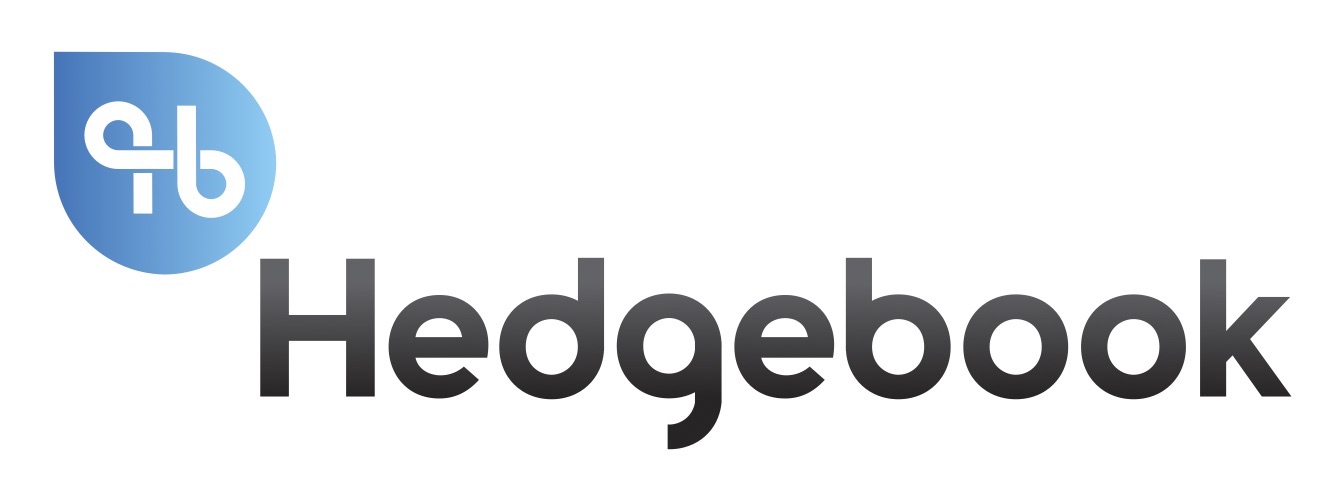Hedgebook Audit is used by leading audit firms across the UK, Australia, New Zealand and the USA. Discussions with customers reveal there are five main reasons auditors use Hedgebook – which we thought might be useful to share.
Five reasons why auditors use Hedgebook
1. Independent third party
In presenting information for audits there is an ever-increasing range of regulations and expectation of accuracy. This includes verifying the valuations are ‘reasonable’ and understanding the inputs that went into the calculations. Historically, these were seen as complex calculations, trusted to only a handful of staff members.
Hedgebook enables a wide range of audit team members to simply, and cost-effectively, provide validated, third-party independent valuations of derivatives. It not only independently verifies a wide range of financial instrument valuations but provides documentation over the controls. It gives any auditor a far better quality of evidence should they be asked to validate the results.
Not only does this give those providing the audit more confidence it transfers to their clients – as Grant Roger, Audit Partner at Johnston Carmichael, explains:
“Because it is a third-party tool, clients are much happier to go back to the bank than if it was us, as the auditor, raising the issue from our own calculations. It gives everyone the ability to have a really good conversation in getting any potential valuation issues addressed.”
2. Wide range of financial instruments including interest rate swaps
Hedgebook enables any audit firm to value interest rate swaps and a wide range of foreign exchange instruments – including forwards and a range of option products – far more efficiently with a better quality of audit evidence.
Hedgebook also has the capability and expertise to value derivatives outside of the Hedgebook software. It means auditors are now able to address more unusual and complex derivatives, further improving the quality and range of audits.
To support this, Hedgebook has created a Financial Instrument Planning document for audit teams to send to clients at the planning stage of an audit. It identifies the types of derivatives the client has, and if they have any outstanding at the year-end. This ensures greater efficiency in the audit process.
3. Easy to share and manage information – not in silos
Getting this information out of spreadsheets is the biggest game changer for many audit firms. It is not only difficult to value these derivatives using spreadsheets, it keeps information in silos increasing the risk around version control and access.
Hedgebook gives you the ability to have one source-of-truth, with managed access. It ensures everyone can see the most up-to-date information at any point of time. It also helps to trouble shoot any discrepancies and track changes that have been made – while remaining an intuitive tool to use. Johnston Carmichael’s Audit Senior Manager, Louise Mair, doesn’t believe Hedgebook could do any better on ease of inputting information or getting it out:
“I love the ease of using Hedgebook. It is quick and easy for our team to implement, and the output is easy for a reviewer to read. You can easily match the impact of the output, over input, and identify if there are any issues. This extends to using Hedgebook in the financial services sector of the business as well, for valuing foreign currency forward contracts for companies that trade internationally.”
4. Ease of training and great support
Hedgebook’s simple, easy to use, cost-effective way of valuing derivatives – coupled with its comprehensive functionality – is what drives many audit firms to choose Hedgebook. However, how they choose to train staff and deploy Hedgebook varies greatly.
Some, like Menzies, create a centralized audit unit which serves all of its branches. This creates a pool of expertise in using the tool which all other branches can tap into. For Menzies, it meant minimal training was required and the team were able to feel confident in using the software straight away.
As Miriam Hanley Technical Manager for Menzies explains it:
“Hedgebook Audit is simple, easy to use and a cost-effective way of valuing derivatives that can be a complex and costly area of the audit.”
Others make an upfront commitment to train several staff in each branch, with Hedgebook quickly catching on to spread expertise across the company. It means proficiency in using Hedgebook is widespread, and a wide range of staff can either input or review the information Hedgebook provides. Both approaches deliver the same outcome. The ability for any customer to access Hedgebook capability with a very low cost to the audit firm in both implementation, training and license fees.
Most customers also cite the highly responsive support provided by Hedgebook as being beneficial. While it is seldom used, auditors can be comfortable using the software and receive timely responses on queries raised no matter when, or where, in the world they might be working.
5. Saves time on the bottom line
While never the main driver for using Hedgebook, pretty much every customer reports time saving across the board. In both inputting information, processing it, creating final reporting and the ability to share with customers and regulators.
Johnston Carmichael’s Audit Partner, Grant Roger, actually tracked the time saving. Once up and running, he reported Hedgebook saved at least an hour on each audit file with a swap valuation which mounted up to over a hundred hours saved in year one of using Hedgebook Audit.
In summary: why do auditors use Hedgebook?
It is always best to let your customers have the last word and this case is no different:
“Hedgebook has enabled us to audit interest rate swaps and valuations … far more efficiently and provide a better quality of audit evidence. We were relieved to find a tool to do this for us that was both third party independent and ensures we are compliant with the auditing standards.” Grant Roger, Audit Partner at Johnston Carmichael
“Hedgebook Audit is an intuitive, cost-effective solution which further enhances audit quality and efficiency.” James Hadfield, Audit Partner – Menzies
If you are interested in learning more about Hedgebook Audit, check out our overview video or set up an online demo for you and your team.

